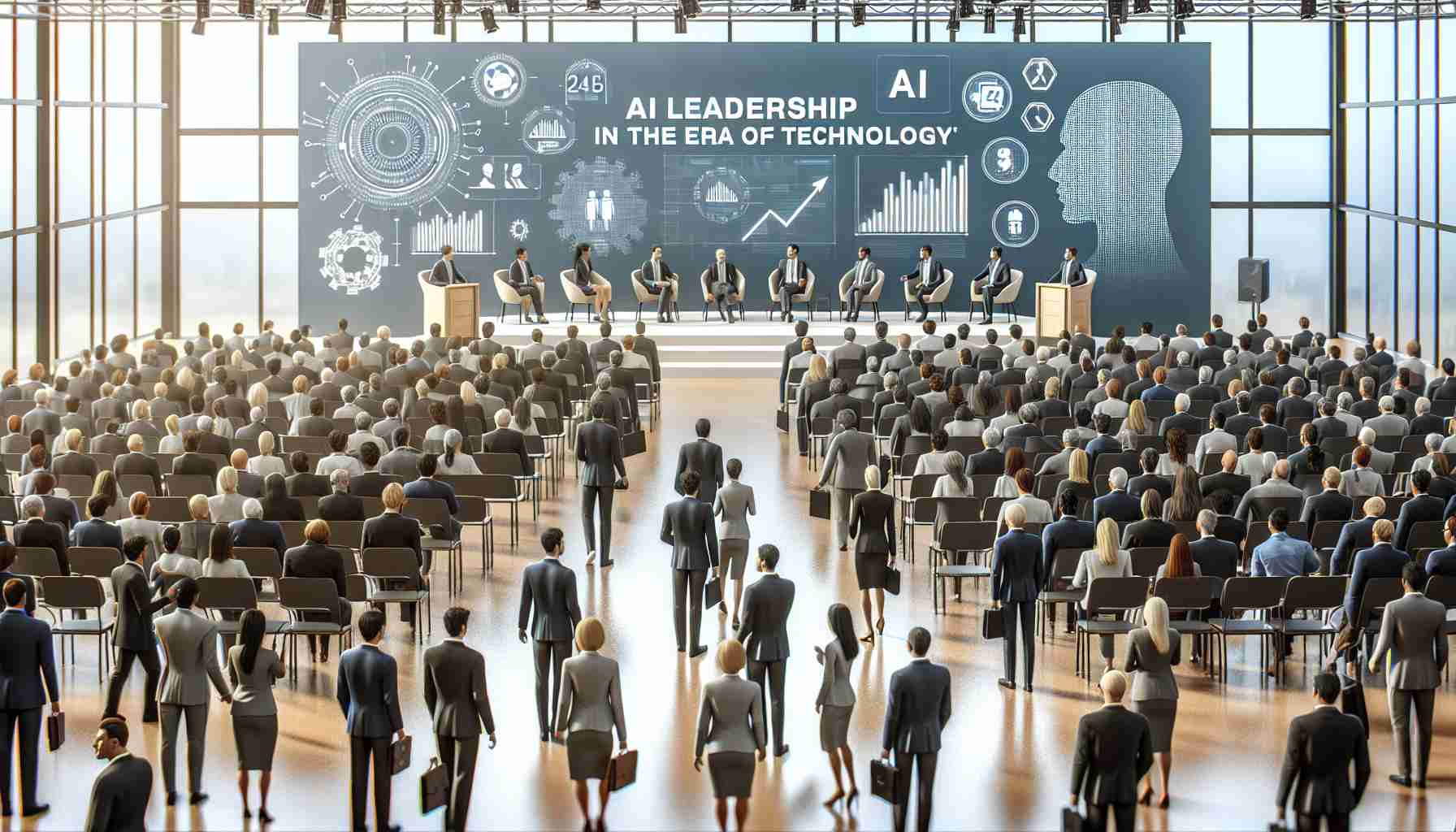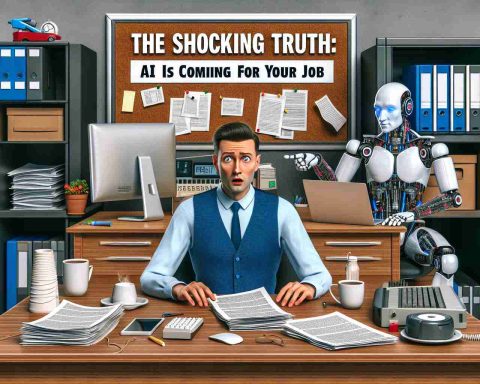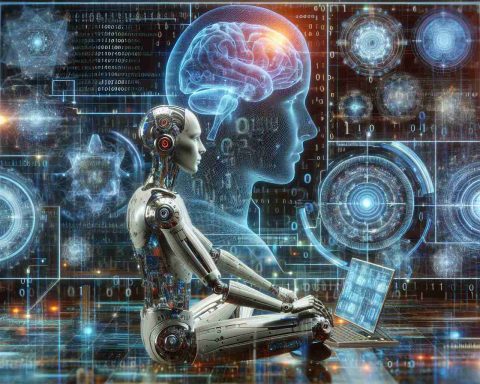Thriving Business and AI: A New Era Strategies
Prominent figures from politics, business, and academia converged for the 13th time at the annual Uludağ Economic Summit in Sapanca, embracing the esteemed tradition of fostering strategic dialogues on global economic trends and challenges. The summit operated under the theme “Responsible and Responsive Leadership: Leading a System Harmonious with Planet and Humanity in the Age of Technology and Artificial Intelligence.”
The Digital Revolution is Here
As the summit unfolded, Emrah Silav, the Chairman of United Payment, helmed a vibrant panel on “How Will Artificial Intelligence Change the Business World?” Recognizing the surge of interest in AI among small to medium-sized enterprises, Silav emphasized the precipice of a technological revolution, with AI touted as its primary catalyst.
Banks and Businesses Harnessing AI Speed
Bulut Arukel, Co-founder of Figopara, highlighted how technological advancements have radically shortened time-consuming banking processes such as account creation and credit evaluations from days or months to mere minutes. Figopara’s main aim, according to Arukel, is to simplify the commercial operations by integrating cutting-edge AI data analysis methods that fast-track processes and fuel competition within the field of finance.
A Cognitive Revolution Emerges
Entrepreneur and Investor Daniel Doll Steinberg, known for his literature on artificial intelligence, reflected on the rapid acceptance of technology transforming every element of daily life, envisioning a future where technology becomes even more seamlessly integrated with our physical experience.
E-Commerce in the AI Breakthrough
Burak Ertaş, CEO of sahibinden.com, drew attention to a pivotal moment in technology akin to the initial surge of the internet and smartphones. He spoke of reimagining service delivery to enhance the user experience with AI, noting the company’s progress in AI over the past five years, including a feature that can identify a car’s specifications from just a photo.
Customer Preferences Through AI Analysis
Ozan Bayülgen, the General Manager of HepsiPay, shared how his company aims to anticipate customer payment preferences through AI analytics, already benefiting 7 million customers via the Hepsiburada Limit. He noted AI’s transformative power as an indispensable tool for businesses looking to reinvent themselves.
The Intellectual Shift in Education
Prof. Dr. Esra Hatipoğlu, Rector of Bahçeşehir University, underscored the impact of AI on education, allowing for rapid interventions and personalized learning experiences. She stressed the importance of recognizing AI as not just a tool but as a catalyst for a comprehensive mindset transformation within the education sector.
The Uludağ Economic Summit 2024 focusing on AI leadership in the era of technology addresses key aspects of how artificial intelligence is transforming various sectors. The increased integration of AI across industries presents both potential benefits and significant challenges that must be acknowledged and managed.
Key Questions and Answers:
1. What industrial sectors are most impacted by AI? AI has a significant impact on finance, e-commerce, healthcare, education, transportation, and manufacturing, among others. It is reshaping operations, customer service, product development, and decision-making processes.
2. How is AI affecting the labor market? While AI creates efficiencies and new job opportunities, it also poses risks for job displacement. Skills adaptation and the need for retraining are pivotal to address the shifting job landscape.
3. What ethical considerations come with AI? Issues such as privacy, bias, and accountability are critical. As AI systems make more decisions, ensuring they act ethically and transparently is a significant concern for both developers and regulators.
Challenges and Controversies:
One of the main challenges with AI is ensuring privacy and security, especially when AI systems handle sensitive data. The potential for AI-powered automation to disrupt employment is also a controversial topic, with debates surrounding how societies should adapt to these changes. The biases within AI algorithms pose another challenge, often reflecting the biases present in training data, leading to unfair or discriminatory outcomes.
Advantages and Disadvantages:
The advantages of AI include increased efficiency, improved customer experiences, and enhanced data analysis leading to more informed decision-making. It allows for rapid innovation and can solve complex problems that are beyond human capabilities.
On the other hand, disadvantages encompass dependency on technology, which could be problematic in case of malfunctions or cyber-attacks. Privacy issues and the potential loss of jobs to automation also present significant concerns. Moreover, the high cost of implementing AI can be a barrier for small and medium-sized enterprises.
Related Links:
For those interested in exploring more about artificial intelligence and its impact on the economy, here are some relevant websites:
– World Economic Forum
– MIT Technology Review
– AI for Good Foundation
Please note that I’ve provided these links based on their relevance to the subject matter, without the ability to verify the URLs at the time of writing. Always exercise caution and ensure the credibility of the sources you visit.
The source of the article is from the blog kewauneecomet.com







